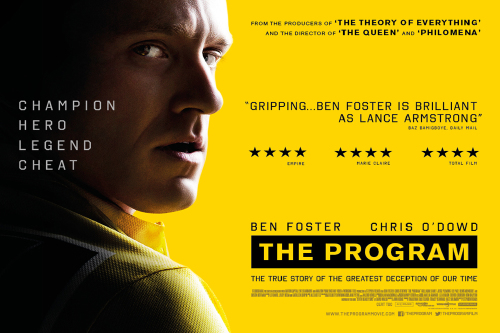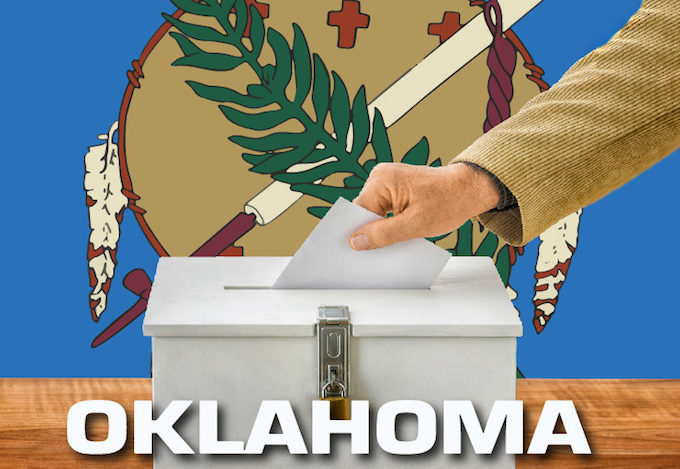
What are hobbies and do they actually help us relieve stress
from everyday work and relationships?
In thinking about hobbies I started where most might, Wikipedia.
Usually Wikipedia has a history page and column that breaks down by various
subheadings like ‘word origin’ or ‘controversy’. With ‘hobbies’ it merely gives
a dictionary definition followed by an outline of things considered hobbies
under types like ‘outdoor’ or ‘collecting’. Everyone has an idea of what is a
hobby and what isn’t. I never considered sports or fitness to be a hobby but
the list includes volleyball, weightlifting, cycling and many other competitive
sports. Ok, so I can say anything outside of work that contributes to joy,
relaxation, mental acuity or skill is a hobby.
Everyone needs a release that takes them outside the day to
day existence and allows the mind to change direction by focusing on something
other than work or relationships. We hear phrases like “the need to recharge”
to explain why everyone needs an activity or skill outside of their career
madness. Nothing is worse than losing sleep over a difficult day at work or
thinking hard about a problem related solely to a career move. Stress from work
and family is part of life but having an avenue for release is important for managing it. This is supported by
research but most of us don’t need to understand the research to understand
what is obvious to most, hobbies renew our minds.
I’ve always tried to have some activity or pursuit removing
me from my daily routines. There was an 18-hole golf course at my Army barracks
in Louisiana where soldiers and visitors played almost year round. The weather
was warm (humid) most of year so a course that stayed open for 12 months was normal. I didn’t
play the course too many times but I loved going to the driving range and
smacking balls down the long yard toward the parking lot. Gripping a club and
bashing a tiny white ball was strangely therapeutic even though I never spent
more than 30 minutes at it. I am sure if I looked into the how’s and why’s of
golf it would make sense scientifically—something about endorphins maybe. It
wouldn’t matter. I like knowing that it
worked for me and nothing else could at that time.
I looked at a couple of blog posts to get a sense of how others (non-academics) think about hobbies. Typically, almost everyone agrees that some form of hobby
or learned skill is therapeutic. My favorite entry was one that explained how through hobby individuals discover quirks
and preferences about themselves. Most introspection helps us understand how
our mind processes events and works through problems. Writing helps me untangle
philosophical knots and complex problems by examining them closer. By taking
apart the separate bits that make up problems and spreading them out like
puzzle pieces (metaphorically), I get answers to what seemed impossible hours
ago. I am not really sure how it happens but for me, writing just works.
Some find peace in solitude while others get joy from
interaction.
Finding a creative outlet through a hobby brings self-awareness
and creativity to anyone willing to engage. Who knows, it may even lead to a
different career or a new way to earn money. I have a few friends who have
transitioned into rewarding jobs because of their skill with music, or their
detail with photography. The internet has opened up countless possibilities for
craft workers to sell handmade goods all over the world.
Find a skill or an activity that brings out talents and use
it to pursue joy and a refreshing break from normal stressors of life. I know I
will.





